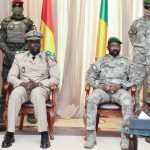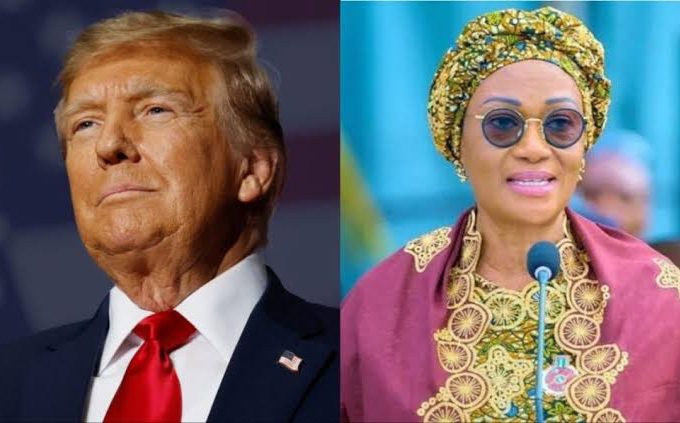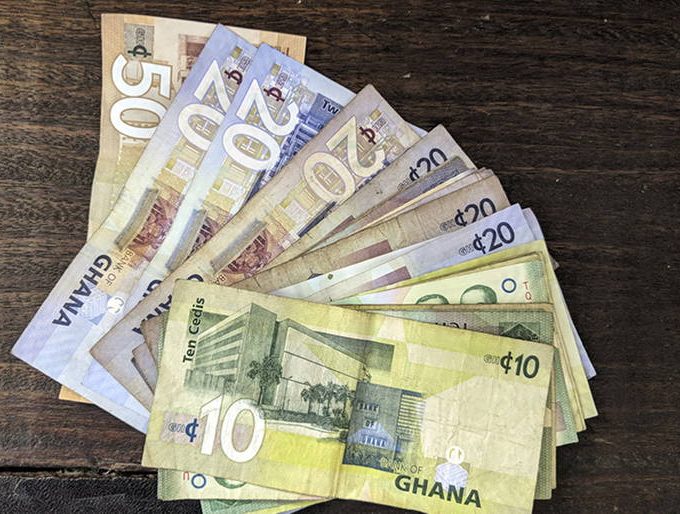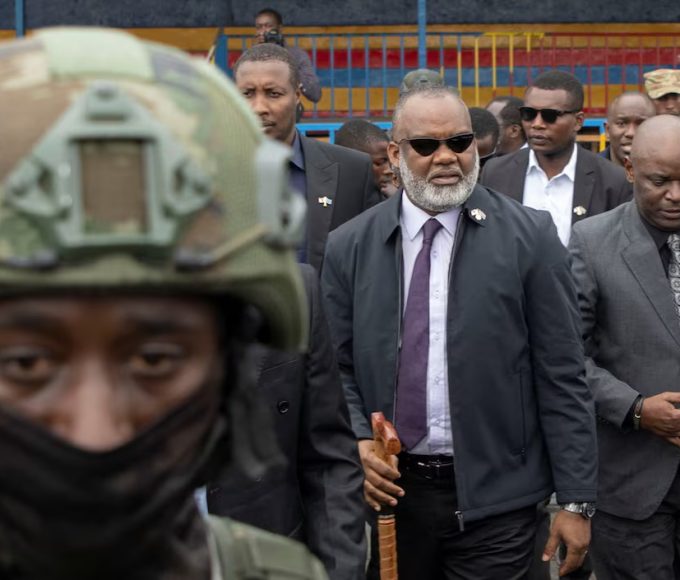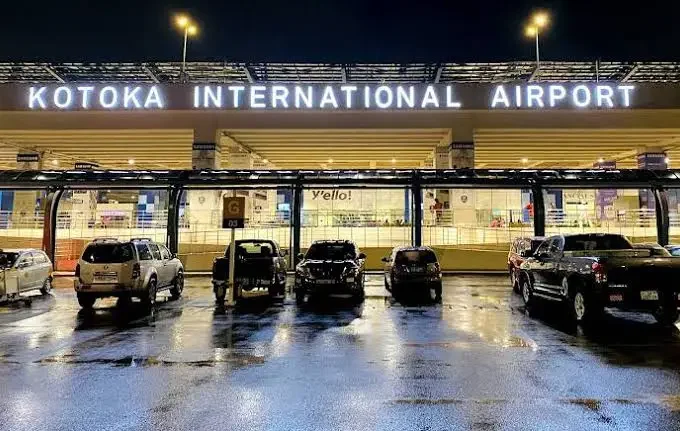
DR Congo: Incumbent President Tshisekedi Set to Secure Second Term Amid Controversies
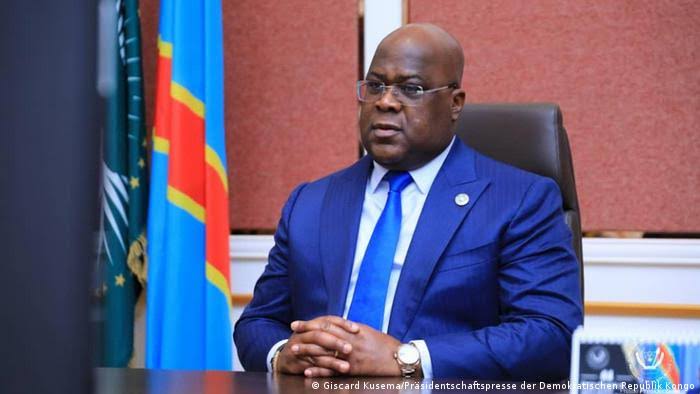
The Democratic Republic of Congo awaits the confirmation of Felix Tshisekedi’s victory in the recently conducted single-round presidential elections, with the National Independent Electoral Commission (Ceni) poised to announce provisional totals on Sunday afternoon.
Tshisekedi, holding office since January 2019, has emerged as the frontrunner, commanding a significant 72% of the counted 17.8 million votes.
Despite Tshisekedi’s lead, opposition leaders, notably Martin Fayulu, have dismissed the election as a “sham” and decried “organised fraud,” refusing to accept the preliminary results.
Fayulu’s sentiments echo those of several challengers, underscoring widespread rejection of the electoral outcomes, an issue compounded by allegations of irregularities.
Moise Katumbi, a prominent businessman and former governor, emerged as the second contender, securing 18.9% of the vote. Notably, other candidates, including Nobel Peace Prize laureate Denis Mukwege, garnered minimal support, each polling under one per cent.
While Tresor Kibangula, a political analyst at the Ebuteli Research Institute, acknowledged the surprising success of Tshisekedi’s dynamic campaign, concerns persist regarding the reported irregularities and discrepancies in regional voting patterns, casting doubt on the electoral process’s integrity.
The electoral exercise, involving 44 million registered voters out of the country’s 100 million inhabitants, encompassed the selection of the president, national and regional lawmakers, and municipal councillors on December 20.
Tshisekedi’s dominance across diverse regions and his coalition’s legislative victories have underscored a clear trajectory toward a second term, raising challenges for the administration in reconciling the divisive aftermath of the election.
Post Elections Controversies?
Notably, the rejection of results by opposition figures, as well as the Church’s stance against the outcome, poses a significant obstacle to post-election stability.
As the Ceni prepares to release the comprehensive results, the spotlight remains on the incumbent president’s expected triumph amid controversy and opposition rejection, foreshadowing potential challenges in fostering unity and calm in the post-election landscape.
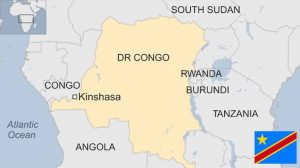
About The Author
Related Articles
As Death Toll Rises in Kwara and Katsina, US Troops Arrive and Trump Applauds Remi Tinubu
More than 200 Nigerians have been killed in a wave of attacks...
ByWest Africa WeeklyFebruary 7, 2026Ghana Records Lowest Inflation in Five Years
Ghana’s inflation has fallen to its lowest level in five years, offering...
ByWest Africa WeeklyFebruary 6, 2026Rebel Group Targets Kisangani Airport in Escalation of Congo Conflict
A rebel coalition in the Democratic Republic of Congo has claimed responsibility...
ByWest Africa WeeklyFebruary 6, 2026Ghana to Rename Kotoka International Airport
Ghana’s government is preparing to rename the country’s main international gateway, Kotoka...
ByWest Africa WeeklyFebruary 4, 2026



